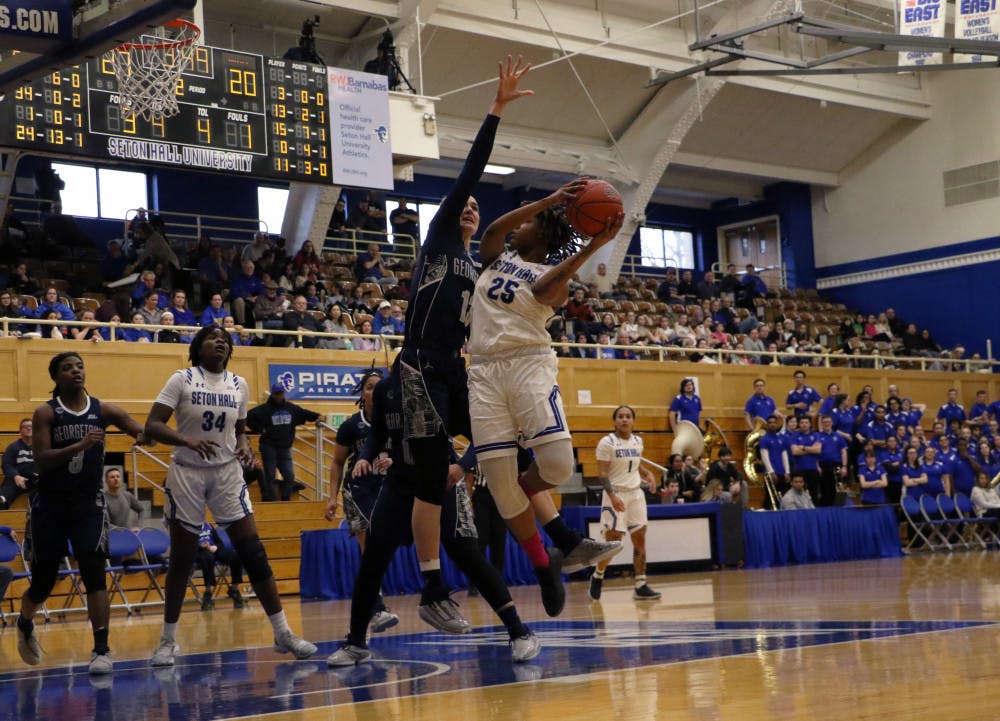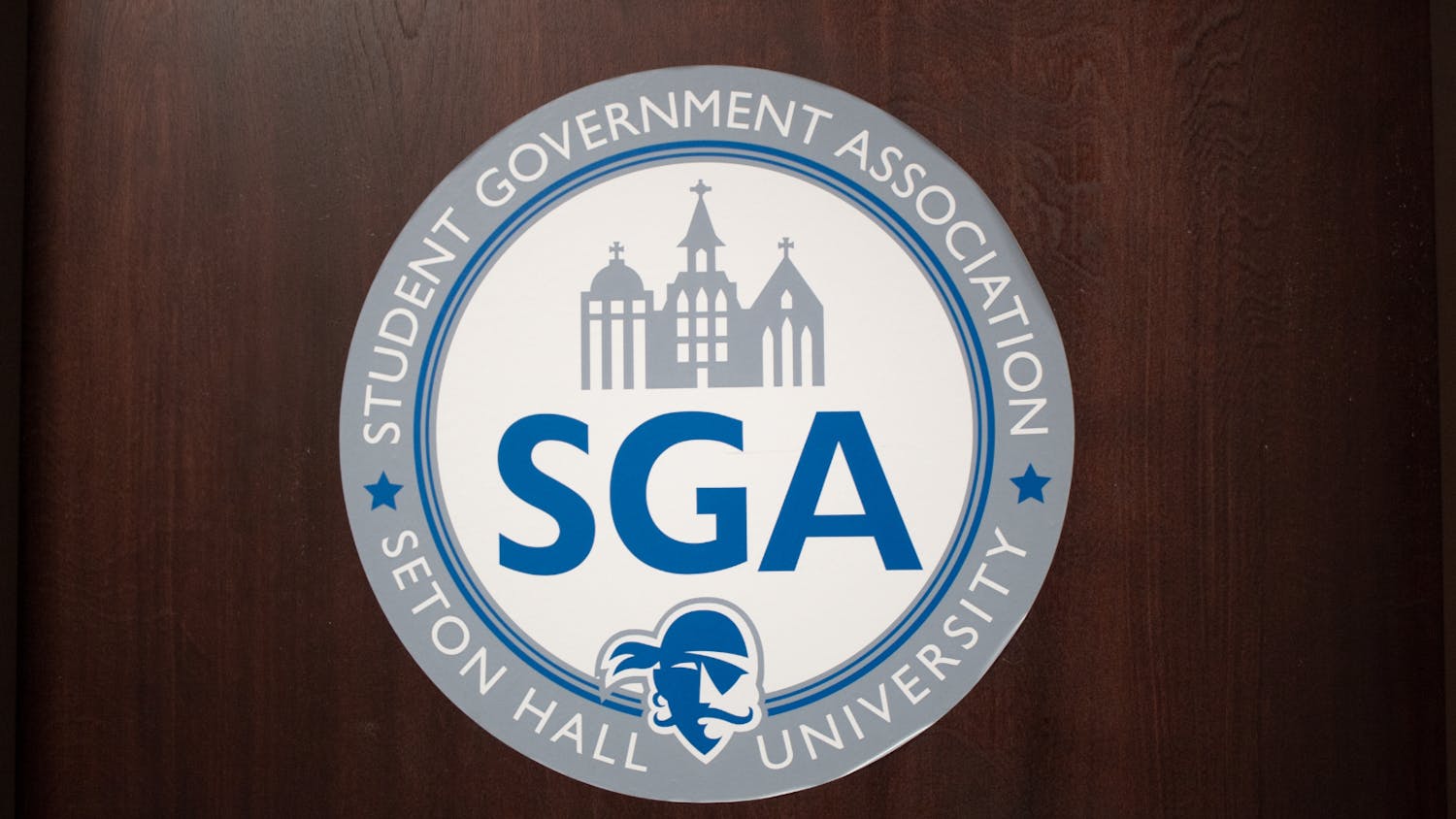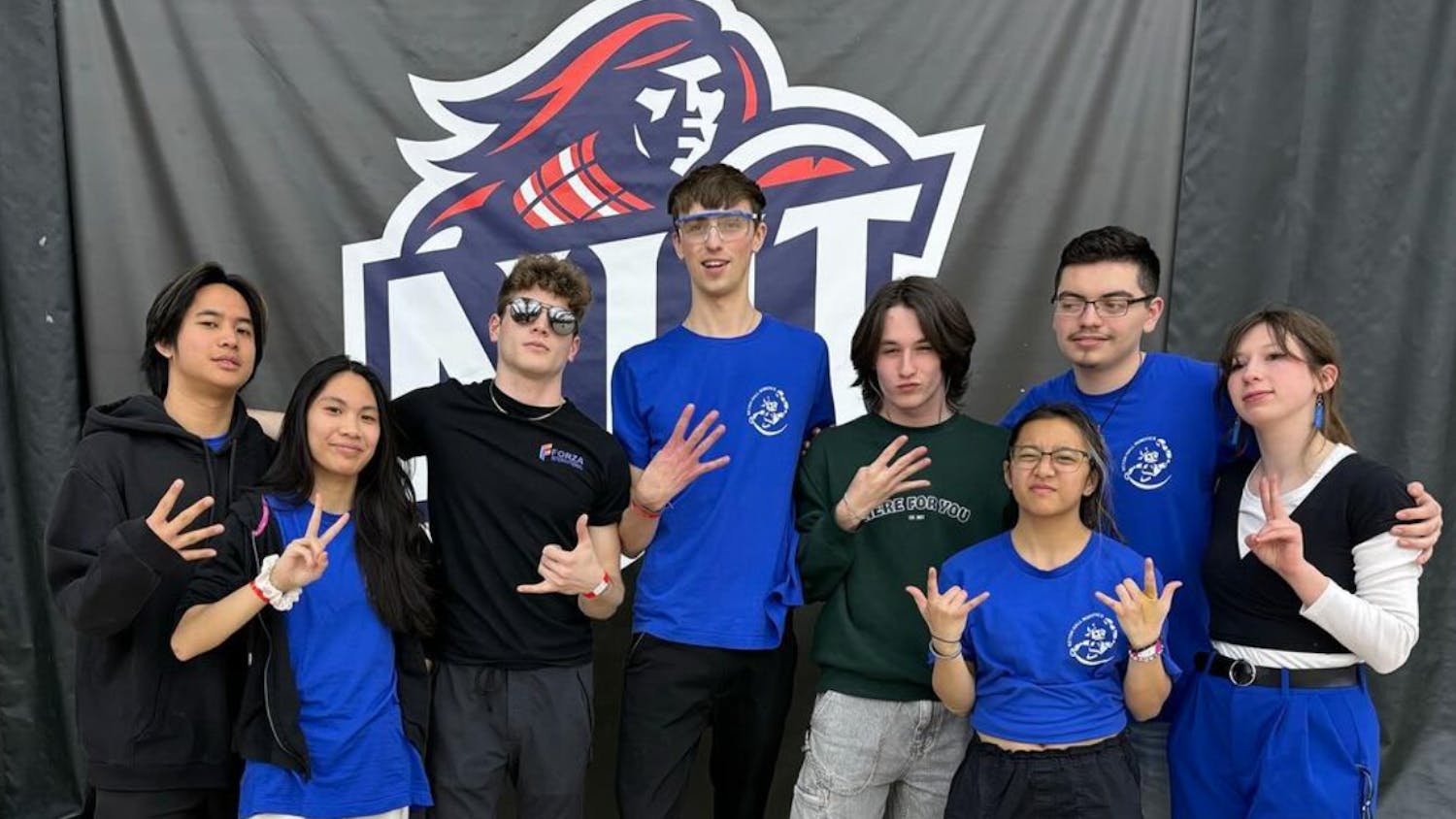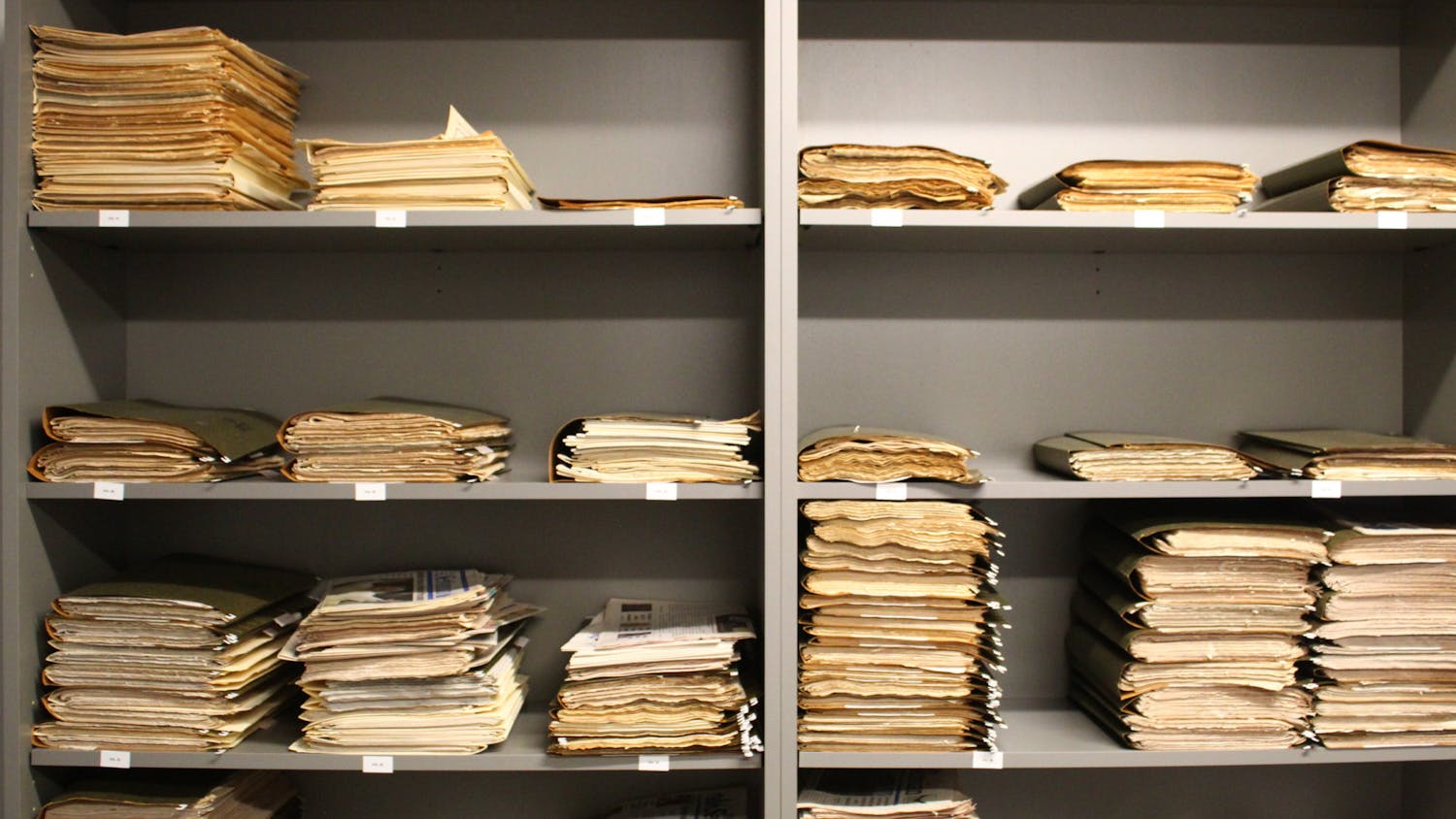Rocking a baby to sleep, offering comfort to a woman in pain or inserting a catheter: these are all experiences that could never occur inside a classroom.
These unique experiences happen to nursing students in clinicals, where upperclassmen nursing students have the opportunity to attend a two-and-half-hour lecture one week, then work in the hospital for six hours the next week to solidify their lesson from the previous week.
Laila Daanouni said, "I got to teach a new mom how to change a diaper and swaddle her newborn baby. She was nervous so I walked her through it. Even though, I don't want to work in maternity, it's rewarding when your patients really appreciate you and your help."
"The most rewarding part is knowing that you helped someone in a way that most people can't, or won't," Kaitlyn Lancelot said, "Sometimes it's the smallest of acts that leave the biggest impressions on patients."
Nursing students often have a heavy workload and question whether or not this is the right job for them, but clinicals help clear up whether a student really wants to be in that field.
Leigha Kalman said that clinicals have reaffirmed her love for nursing because "when you think you can't study any more, the patient you have at clinical reminds you that all of the hard work is worth it."
Clinical can truly shape a nurse's career. Monica Alvarado said, "Clinicals are also a place to get a feel for many different environments of nursing and get a feel for what you like to do and what you like less."
Experienced nursing students in clinicals share some advice with newcomers. Kalman said, "Clinical is the time to learn from other nurses and professionals who know so much more than you, so take advantage of their wisdom." Lancelot urges students not to be discouraged if they don't have all the answers.
The feeling of getting real world experience in a hospital is unparalleled to anything in a classroom.
According to Daanouni, "You have been in classrooms for two years being lectured on how to be a great nurse but when you get to clinical you can finally get hands on experience and act like the great nurse you were taught to be."
Alyssa Maltese can be reached at alyssa.maltese@student.shu.edu.





